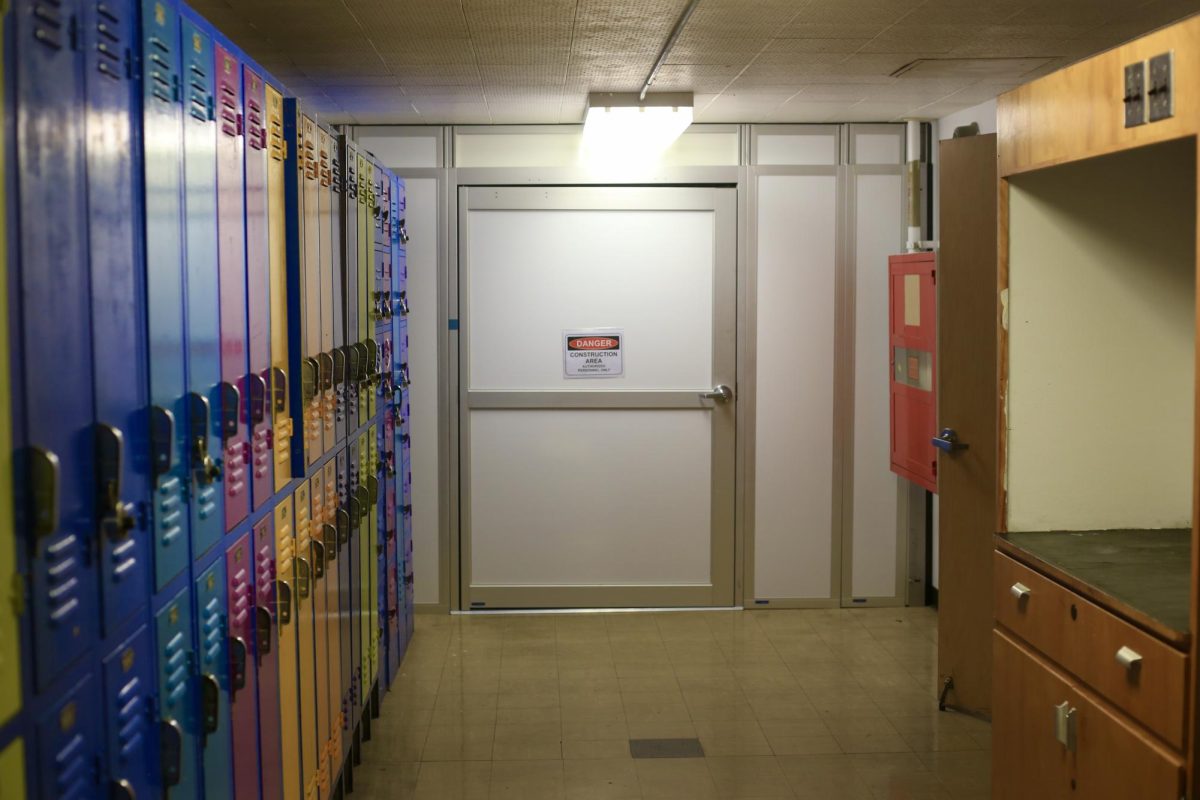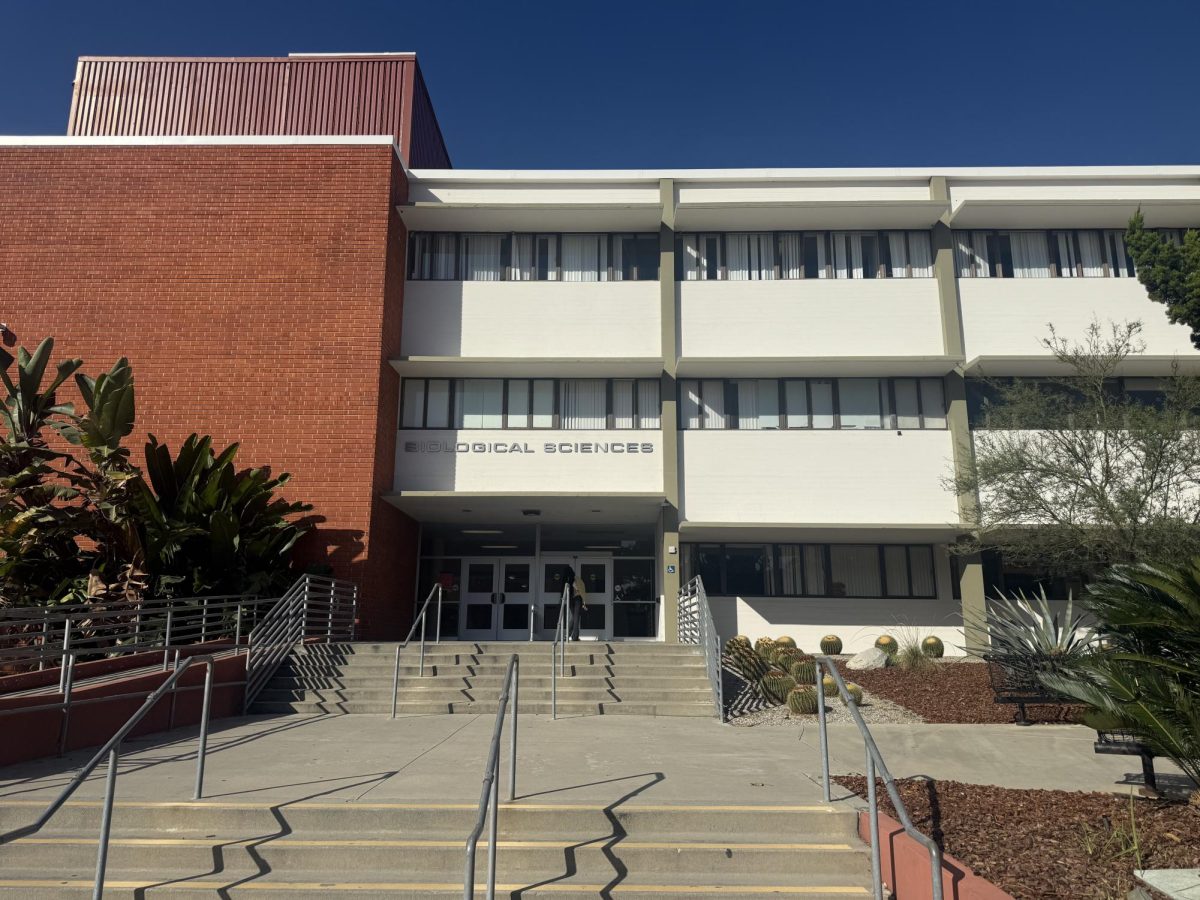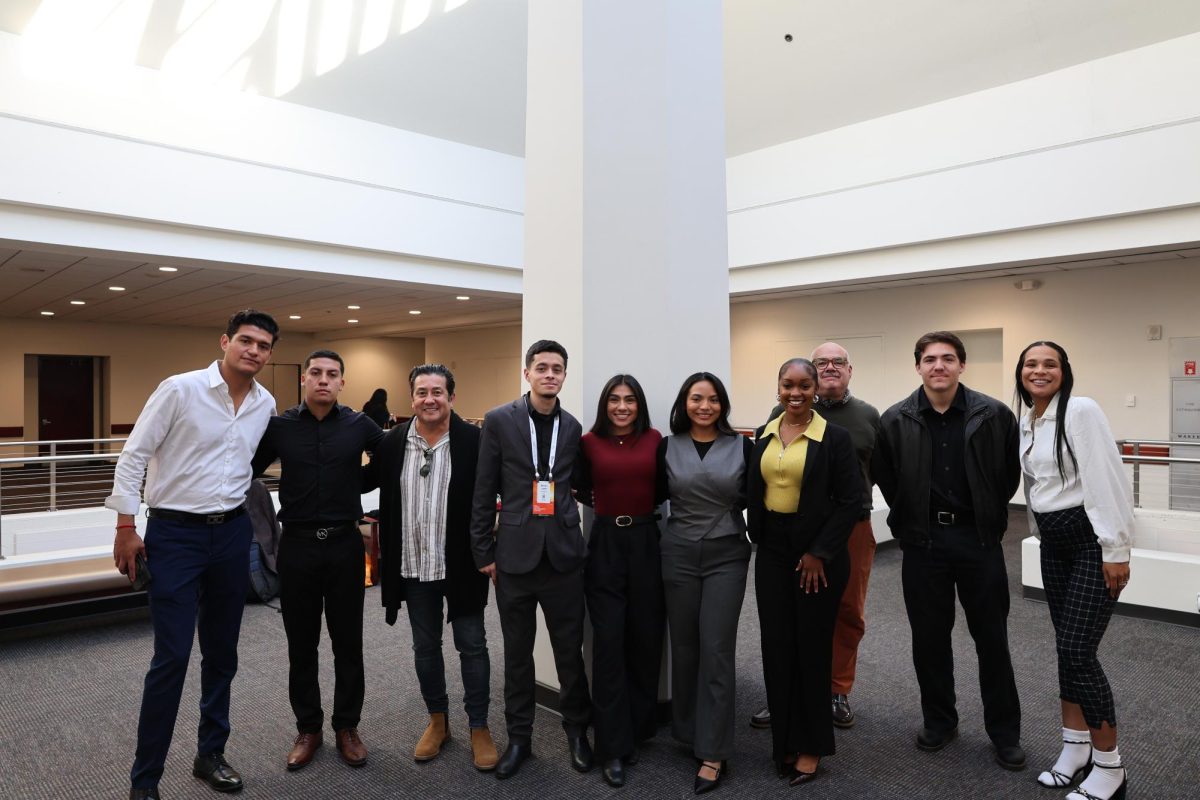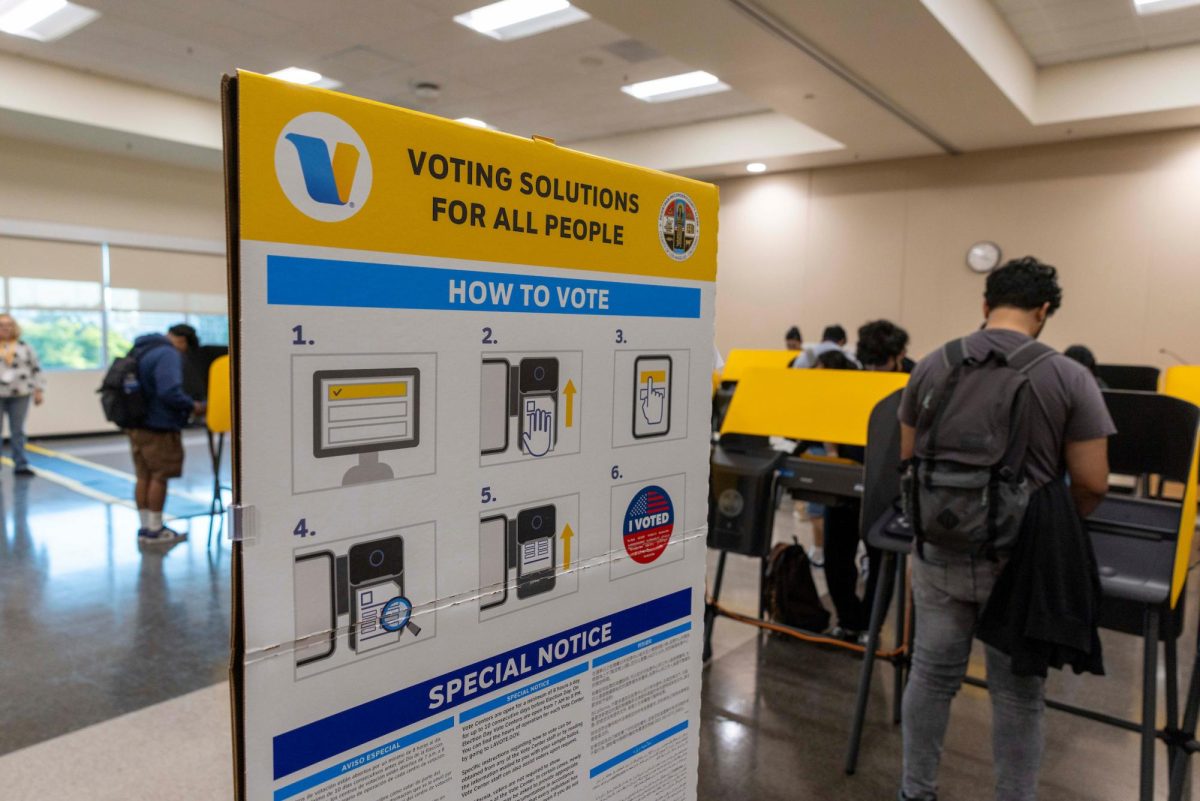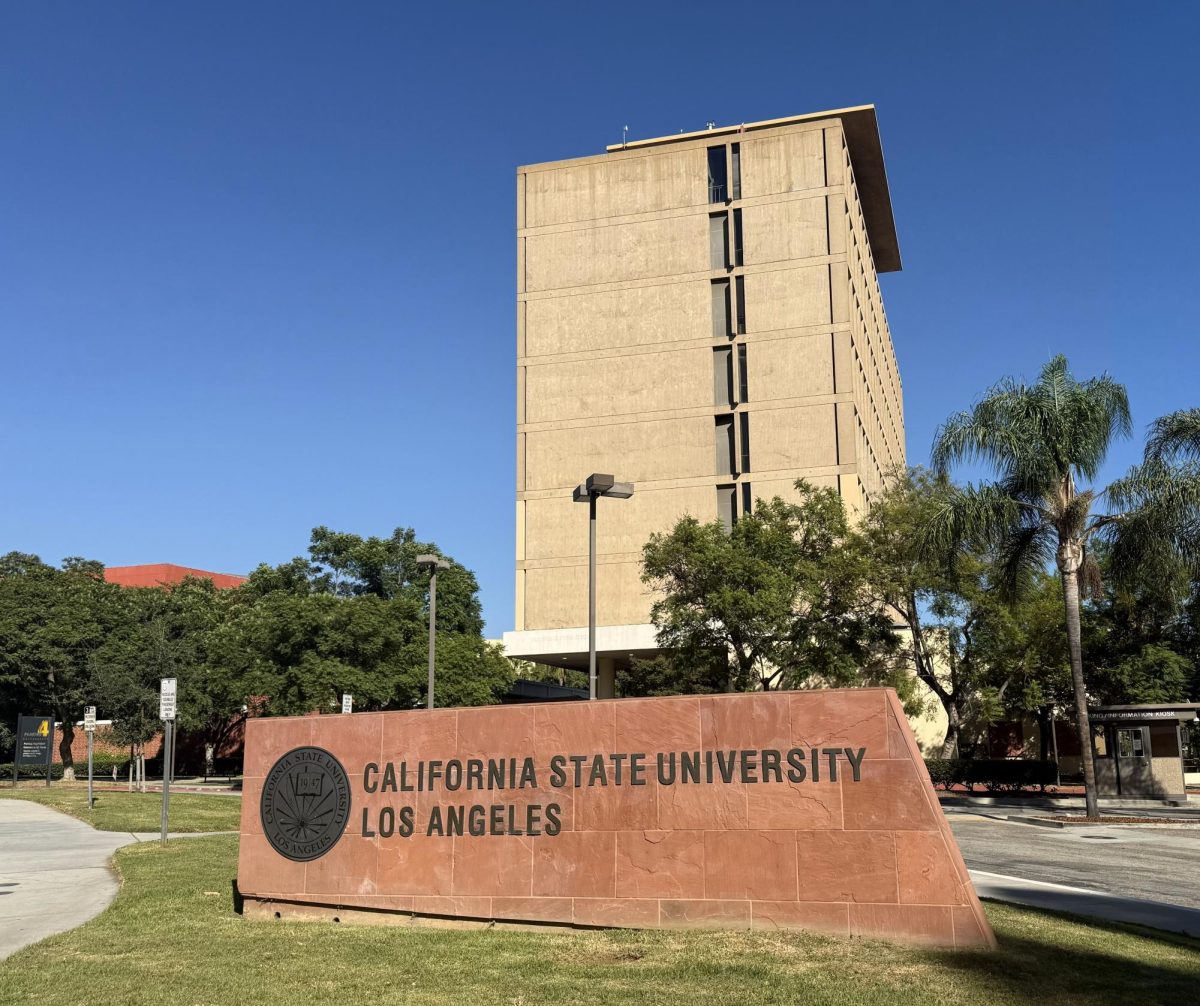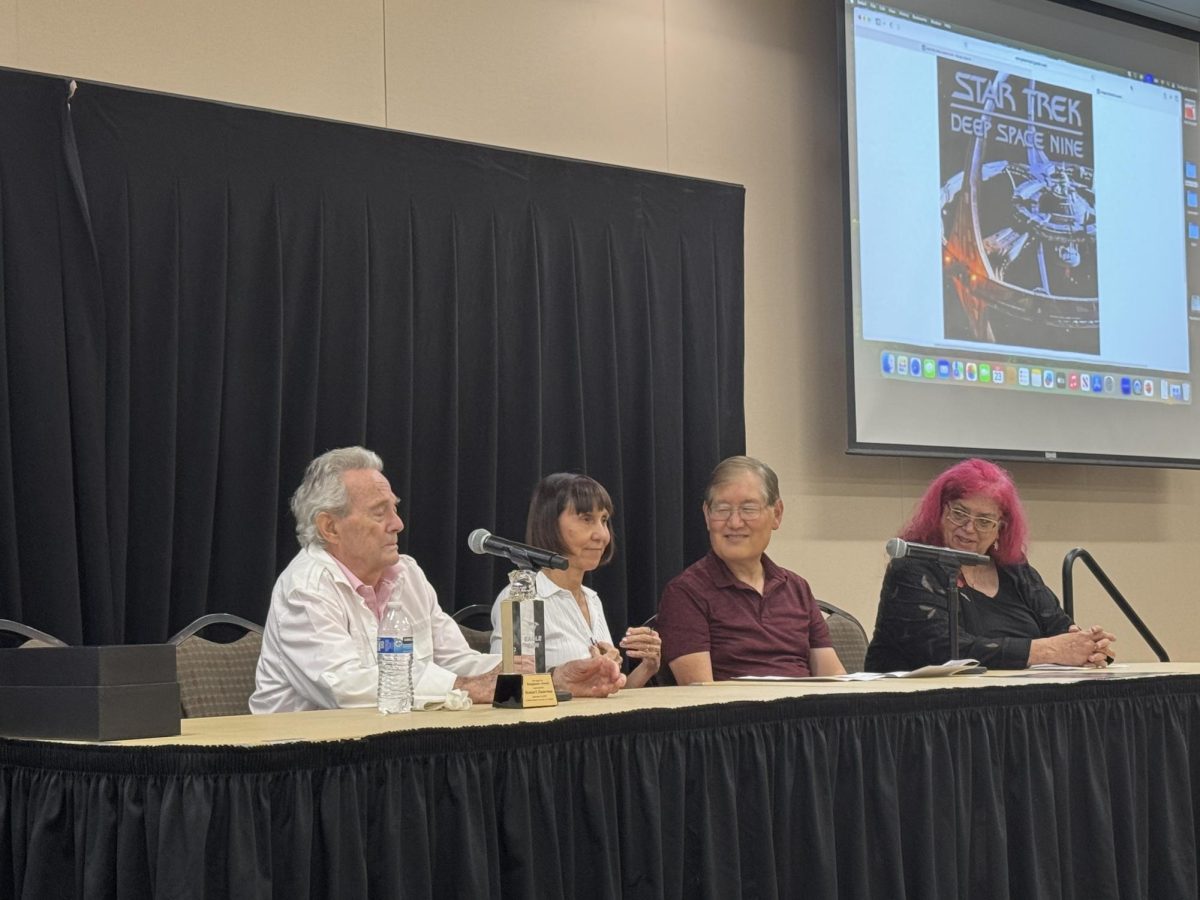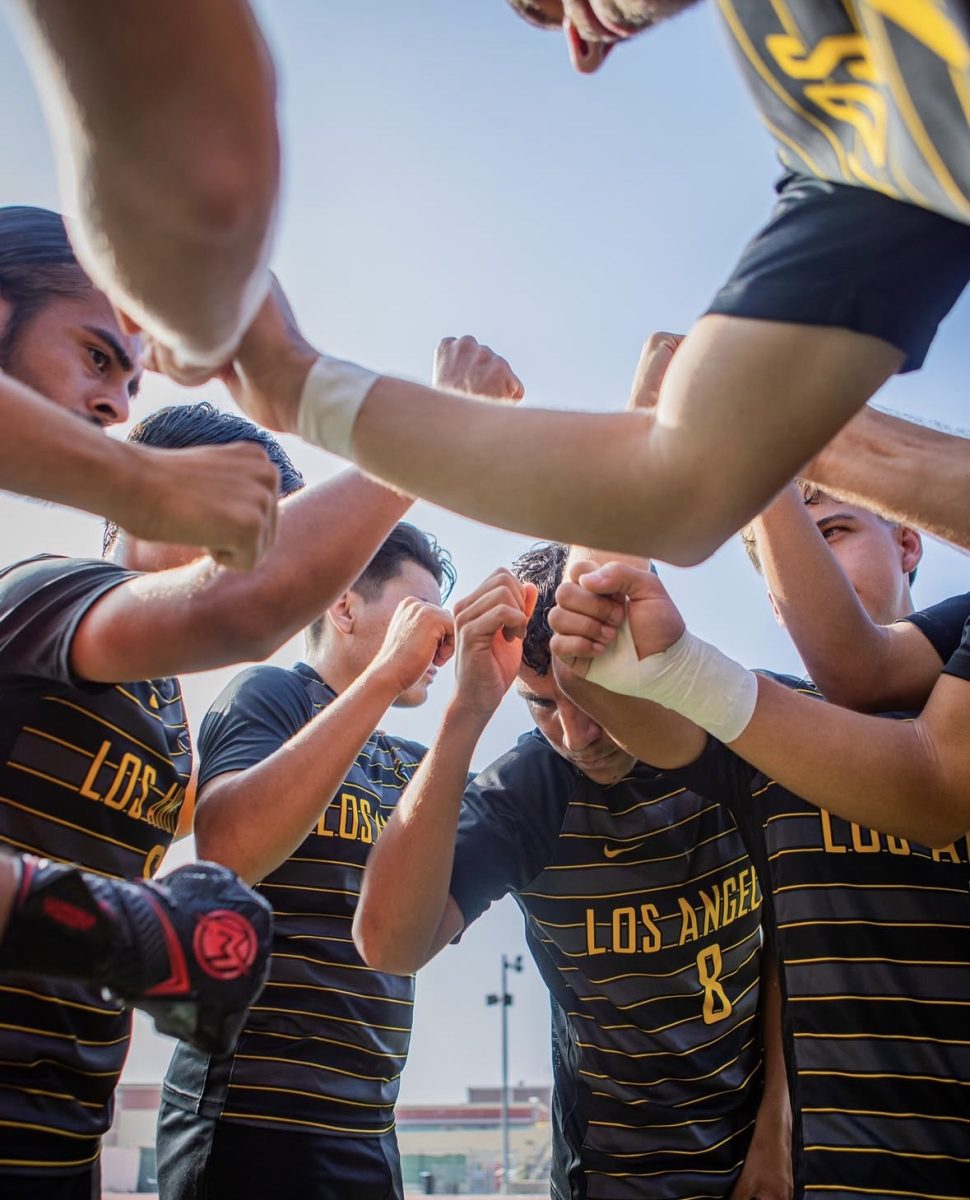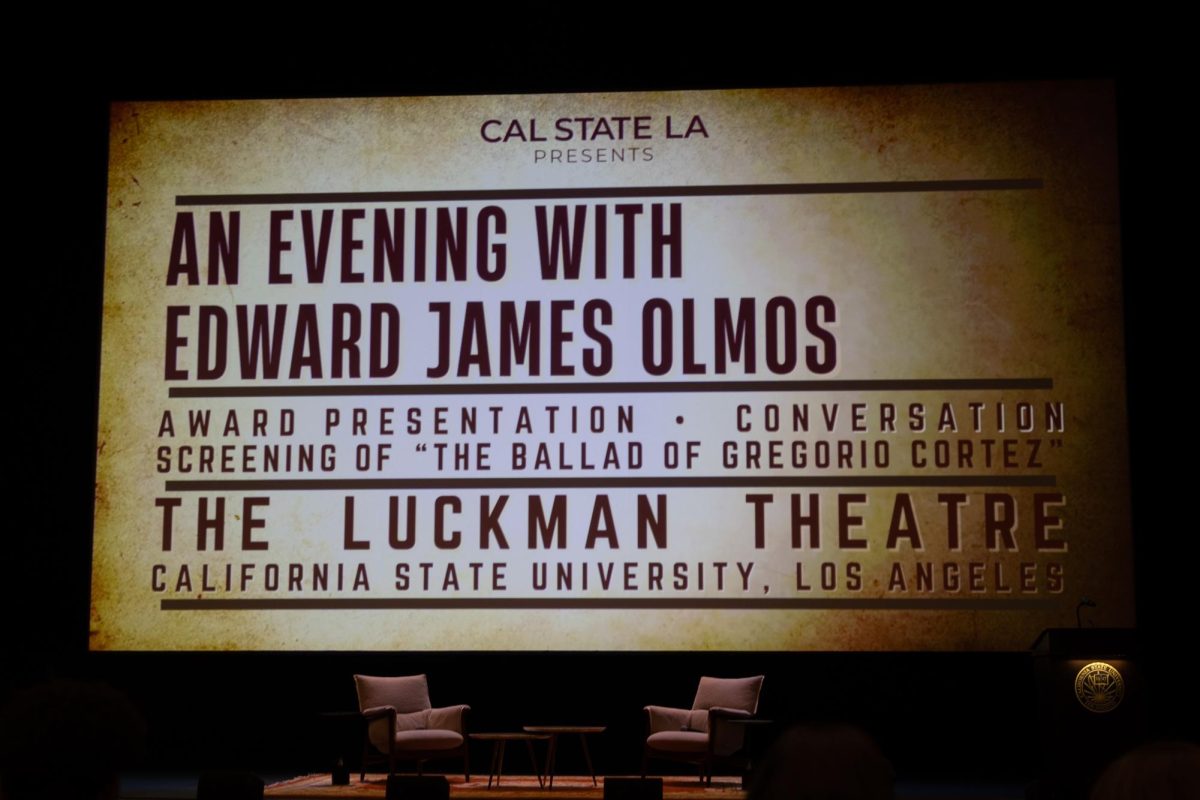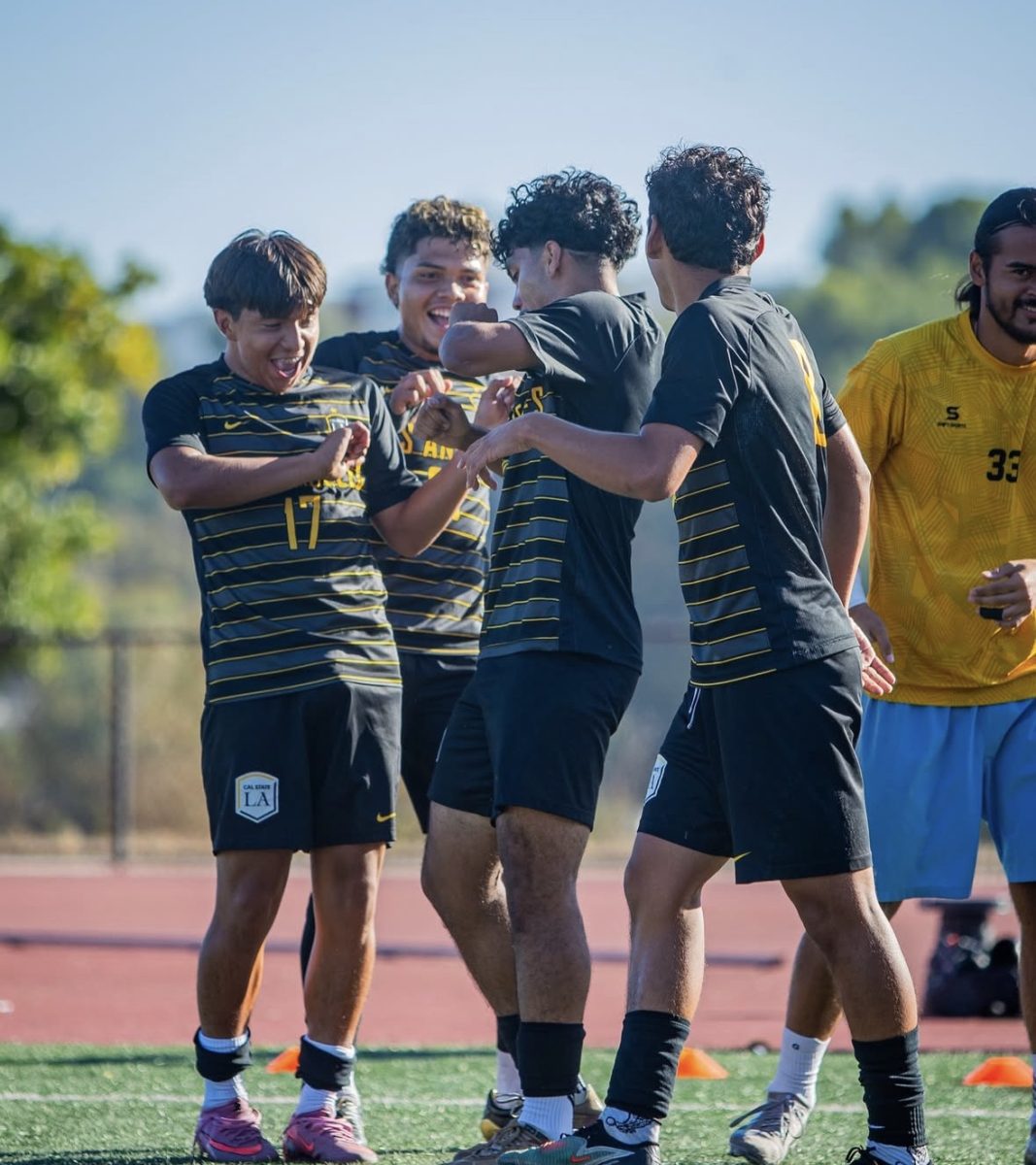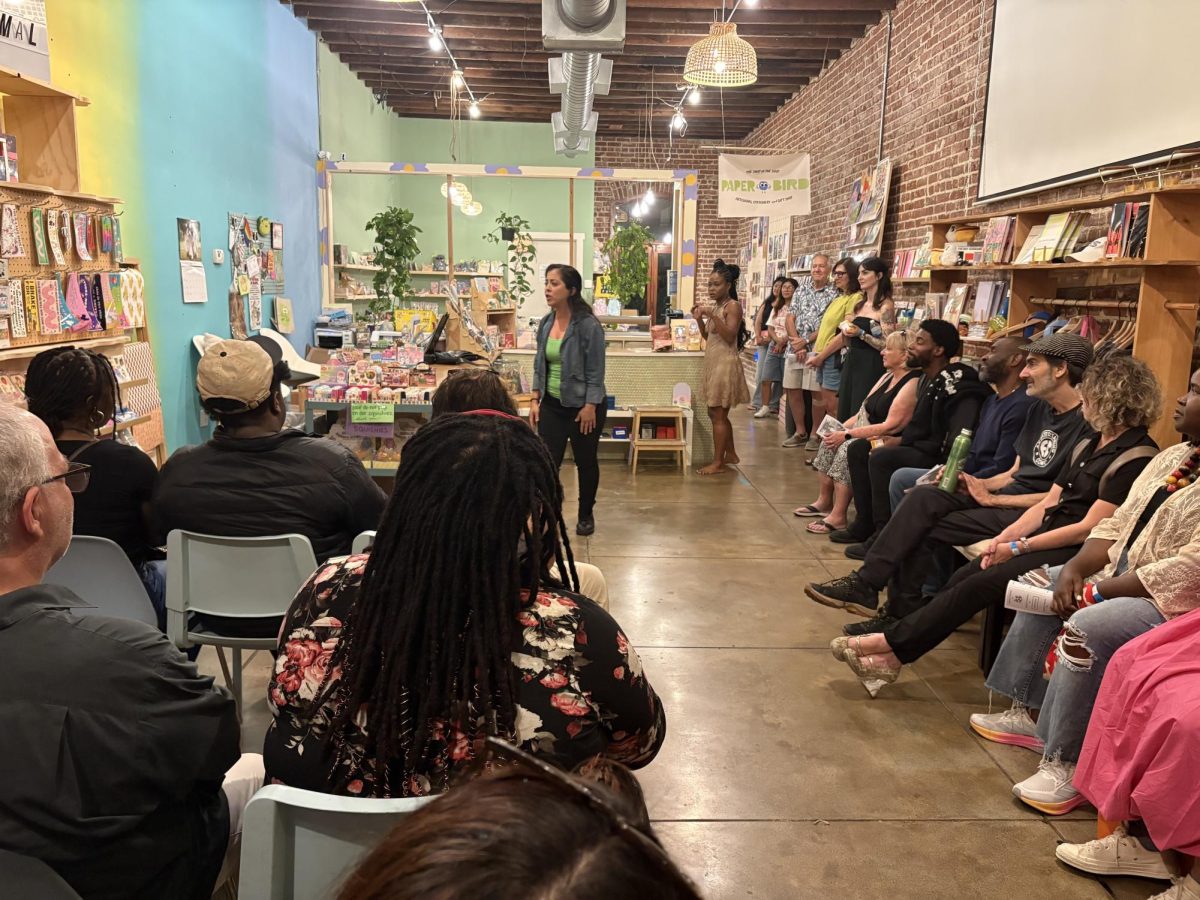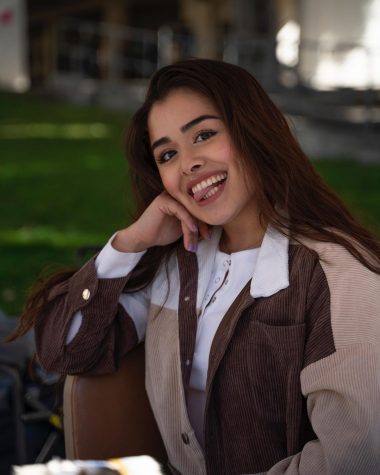“You cannot love or respect other people if you cannot love and respect yourself,” said Ashley Dawkins to a group of diverse students, as they celebrated and connected to their African roots through her teachings.
Last week, Dawkins shared how to be a healthier, happier person in an event called “African Healing” where students were able to be open about their shared experiences and traumas in a nonjudgmental environment.
Dawkins is the CEO and founder of the Swazi Shop, an African holistic healing company. Her family founded the Swazi Shop in the 1960s, selling items such as “African art, empowering books, and more,” according to its website.
Over time, the business went into retirement, but Dawkins decided to bring it back, creating a “holistic care company,” where she can “promote health, unity and abundance through the tools of love, respect and knowledge.”
Through her shop, she helps individuals create better lives for themselves and boost their confidence in their day to day lives.
“I won’t doubt myself before going into an interview or a job space,” said Joseph Brown, a day-one customer and co-president of Cal State LA’s Black Student Union (BSU).
The shop has allowed Brown to “transform” into a better version of himself. “I’ve never been earth-based, or organic, or plant-based, but once I started using her products and the herbs and stuff, it started making me change my diet, the way I eat, how I view myself even how the way I think is more positive, because before I used to be pessimistic person but now I’m more optimistic.”
Brown, who is also program coordinator for the Pan African Student Resources, invited Dawkins to hold the event because “there’s a need that’ll allow students to de-stress, come and open-up and be vulnerable without being judged or [putting] extra stresses on what they’re going through.”
Dawkins was able to create a necessary environment for black students at Cal State LA, said Antionette Saddler, a member of the BSU. She added, it was a perfect environment to “ground myself.”
Saddler added that she feels it’s “dope” to be around other black people. “Black people are so connected in a spiritual way, even if we don’t know it.”
Saddler appreciated bonding in the space provided. It was a shared experience to learn and reflect about culture and “heal in holistic practices.”
“I find joy in seeing others that don’t necessarily know about this stuff but now they’re saying, ‘I’m so glad that I came,'” said Saddler.

